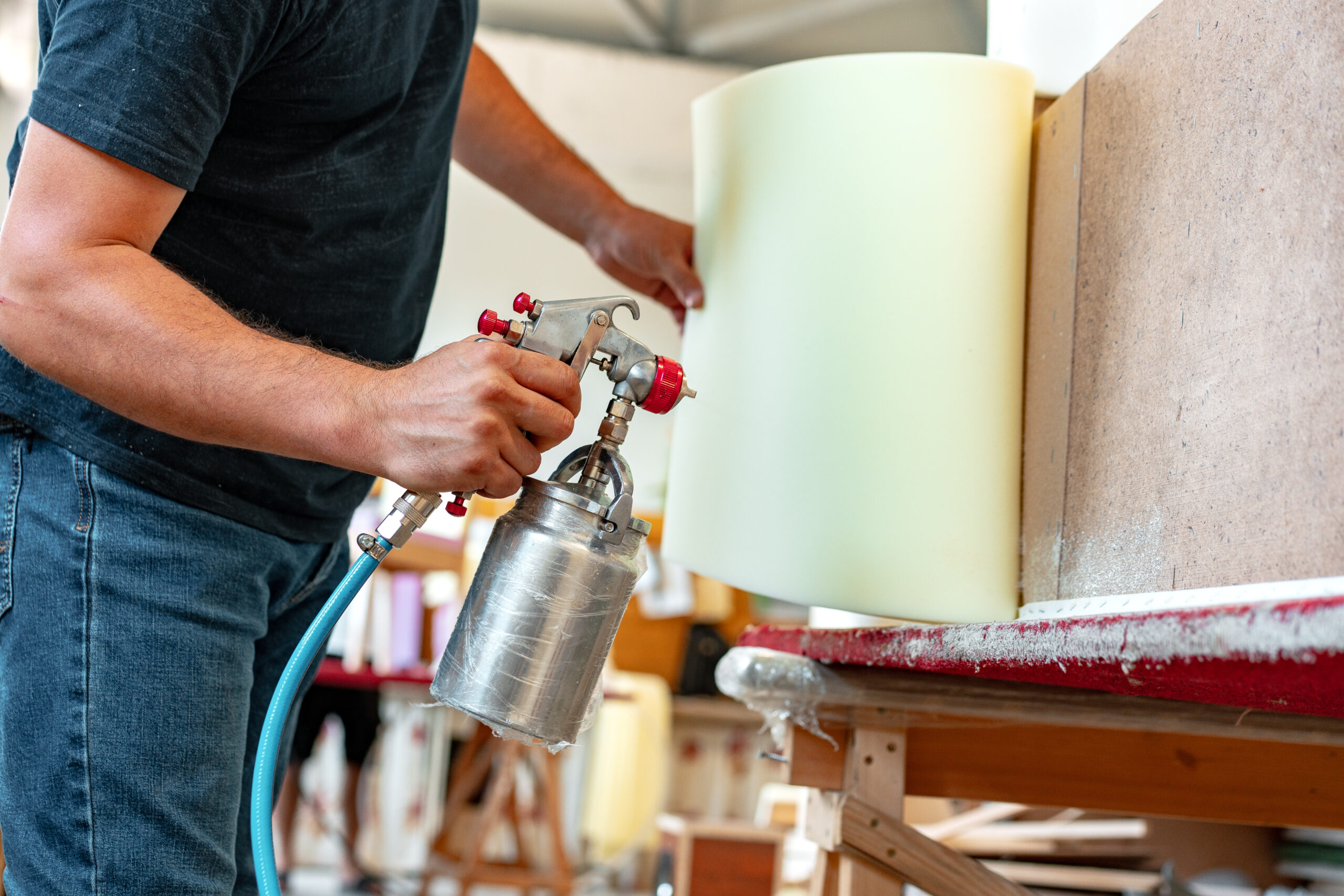
Modular construction is becoming increasingly popular in Poland and around the world. KBV Research analysts estimate that already in 2030 the global value of this market will be approximately USD 159.3 billion, and the average annual growth will reach 7.4%. According to Spectis, today the value of the market in Poland is nearly PLN 5 billion. This trend is the result of rapid technological development, growing ecological awareness and evolving needs of the construction market. More and more construction companies are offering modular solutions, and the number of projects carried out in this model is growing fast in various sectors.
Modular construction is based on the prefabrication of building sections and their subsequent assembly on site. Modules, i.e. ready-made building segments, are manufactured using advanced technologies. This ensures quick assembly and significantly reduces construction time compared to traditional methods. Interest in modular construction can be noted among individual and institutional investors: hotel chains, residential developers or local government institutions.
This strong construction trend comes with a number of benefits. It’s worth emphasizing that from a broader perspective modular construction addresses a number of economic, social and environmental problems. With the prefabrication of building sections, construction time is significantly shortened, making it possible to reduce construction, labor and employment costs. This also speeds up the bringing of the ready-to-use facility to the market. At the same time, the whole process helps keep material losses down. Another benefit is the reduction of carbon footprint and the amount of waste generated during the project implementation. Modular construction also responds to the problem of the lack of construction sites. The flexibility of the system allows the solutions to be adapted to different terrain conditions, which makes it possible to build even on hard-to-reach or small-size plots.
Modular construction is a quick method of creating spaces for living, working and relaxing. One of its advantages is that the short time it takes to create and assemble the modules does not impair the quality of the structure. This is due to quality standards and checks at the production plants that manufacture individual sections, as well as the products used for assembly. The production of modular structures requires special adhesives and sealants to ensure durable, tight and stable joints. Proper sealing of modular structures is critical to maximizing energy efficiency and maintaining a comfortable indoor environment. To perform this process well, the focus should be on using high-quality adhesives and sealants to seal gaps around windows and doors and to bond insulation materials.
Products used in various countries during the production of prefabricated modules or during the installation of a modular house include, for example, hybrid and polyurethane adhesives and sealants of the Tytan Industry and Quilosa brands (the latter – mainly on the Spanish market).
Hybrid adhesives and sealants adhere very well to a variety of substrates, including wood, metal, ceramics, plastics, concrete, stone or composite. They are characterized by high mechanical strength and are resistant to environmental conditions such as moisture, temperature, UV radiation and other weather factors. Durable and flexible, they are perfect for places where structural movements occur, preventing damage and leakage, which is crucial for any structures used by people. Polyurethane adhesives (one- and two-component) are characterized by high strength and resistance to water and temperature. They also have very good adhesion to many materials such as steel, aluminum, wood, composites and plastics. Sealants, on the other hand, make the structure tight, which ensures it is resistant to weather conditions in a wide range of temperatures.
Modular houses require a special approach to sealing, so it’s worth using professional products that will afford them lasting protection and insulation. Proper sealing of modular houses is critical to maximizing energy efficiency and maintaining a comfortable indoor environment.
Given the number of available solutions, the construction industry in Poland notes the potential of modular construction and invests in its development. Examples of projects completed to date show that this type of construction is used in various sectors of the economy and caters to various market and social needs around the globe. As this field grows, we may expect see to an increasing number of developments using modular solutions.








Copyright © 2026 Selena Group


